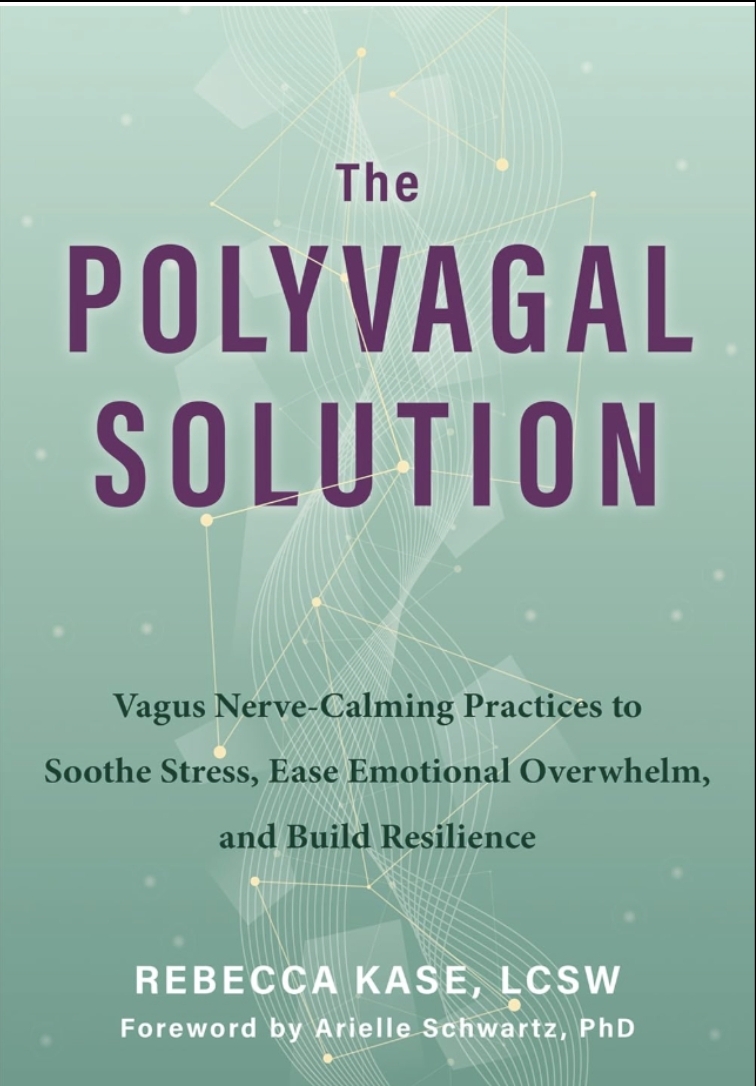Lifestyle
Get To Know LBV Created By Joss Sackler: The Face of Fashion, Business, and Female Empowerment

Joss Sackler is a fashion entrepreneur, chief executive officer, doctorate degree holder, socialite, philanthropist, and mother of three. The female powerhouse became the face and founder of private social club, LBV, in 2017, when she decided she was tired of the male-dominated atmosphere within the existing social societies in New York City. Initially, the all-women’s club was created to discuss the attributes of wine. But as its member count grew, so did its list of interests. Now, LBV focuses on providing high-end experiences centered around culture, art, literature, and much more. Not to mention–the social club is the only one of its kind with its own designer clothing line.
The ready-to-wear collection comes from a combination of member-inspired interests, according to Sackler and the brand’s creative director, Elizabeth Kennedy. Kennedy was brought on as the head designer of the line shortly after the release of LBV’s heavily criticized inaugural collection in 2019 consisting of rock climbing themed athleisure wear, merely meant to serve as “emblematic” gear for the social club. She is a Parsons graduate with extensive experience in the couture realm of fashion, priorly working with prestigious fashion houses such as Isaac Mizrahi, J.Mendel, and Donna Karan. Since assuming her role, the female duo has successfully ventured six seasons of remarkably designed capsules, each of which have participated in three consecutive years of New York Fashion Week. The brand aims to embody the style of a powerful, strong-minded woman who is ready to conquer the world with her confidence and professionalism, while not losing touch of her femininity.
All collections are released direct-to-consumer through the brand’s e-commerce website. While previous collections have been found through high-end retailers in the past, the brand chose to make the switch to the new business model following the detrimental effects of a global pandemic on luxury department stores. Both entities of LBV have gone fully virtual since the nationwide lockdown in early 2020. “All the events for the social club are now done via Zoom, which has actually allowed us to incorporate more events for the members since we don’t have any of the stressors of the in-person events, like having to book a venue,” Sackler’s assistant, Allison Castillo, shared. “For our tasting events for example, we’ll send the wine over to the members and then discuss it on a video call.”
In philanthropic efforts, Sackler redirected all garment production resources to assist in generating over 5,000 face masks for New York City while it experienced a severe shortage on the front lines. Masks were donated to local organizations and hospitals in need, including New York Presbyterian and Mount Sinai. They have also become available on the brand’s website in a small range of neutral colors.
The newest member of the LBV family is a recently launched editorial magazine, which made its debut in November 2020. Issue One of the publication contains several detailed photographs of the most recent Fall/Winter capsule, along with spreads of articulately written articles centered around topics it shares in common with the social club: fashion, wine, and lavish lifestyle. The writers behind the stories are also members of the female driven society. While the magazine is not accessible to readers who are not part of the LBV community, Sackler, who is the editor-in-chief, shares that she’d like to broaden her audience in the issues to come.
In the end, regardless of negative press and undisclosed hardships, the down-to-earth socialite icon continues to commit to her brand, her team, her family, and herself beyond any obstacle. “I’ve learned that it’s okay to fail. We’re always working to make our experiences better,” she says. “The important thing is to keep pushing forward.”
Lifestyle
The Missing Piece in Self-Help? Why This Book is Changing the Wellness Game

Self-help shelves are full of advice — some of it helpful, some of it recycled, and most of it focused on “mindset.” But Rebecca Kase, LCSW and founder of the Trauma Therapist Institute, is offering something different: a science-backed, body-first approach that explains why so many people feel struck, overwhelmed, or burned out — and what they can actually do about it.
A seasoned therapist and business leader, Kase has spent nearly two decades teaching others how to navigate life through the lens of the nervous system. Her newest book, “The Polyvagal Solution,” set to release in May 2025, aims to shake up the wellness space by shifting the focus away from willpower and onto biology. If success has felt out of reach — or if healing has always seemed like a vague concept — this book may be the missing link.
A new way to understand stress and healing
At the heart of Kase’s approach is polyvagal theory, a neuroscience-based framework that helps explain how our bodies respond to safety and threat. Developed by Dr. Stephen Porges, polyvagal theory has transformed the way many therapists understand trauma, but Kase is bringing this knowledge to a much wider audience.
“The body always tells the truth,” Kase says. “If you’re anxious, exhausted, or always in overdrive, your nervous system is asking for support, not more discipline.”
“The Polyvagal Solution” makes this complex theory digestible and actionable. Instead of promising quick fixes, Kase offers strategies for regulating the nervous system over time, including breathwork, movement, boundaries, and daily practices that better align with how the human body functions. It’s less about pushing through discomfort and more about learning to tune in to what the body needs.
From clinical expertise to business insight
What sets Kase apart isn’t just her deep understanding of trauma but how she blends that knowledge with real-world experience as a business owner and leader. As the founder of the Trauma Therapist Institute, she scaled her work into a thriving company, all while staying rooted in the values she teaches.
Kase has coached therapists, executives, and entrepreneurs who struggle with burnout, anxiety, or feeling disconnected from their work. Regardless of who she works with, though, her message remains consistent: the problem isn’t always mindset — it’s often regulation.
“Success that drains you isn’t success. It’s survival mode in disguise,” Kase explains. Her coaching programs go beyond traditional leadership training by teaching high achievers how to calm their nervous systems, enabling them to lead from a grounded place, not just grit.
Making the science personal
For all her clinical knowledge, Kase keeps things human. Her work doesn’t sound like a lecture but rather like a conversation with someone who gets it. That’s because she’s been through it herself: the long hours as a therapist, the emotional toll of supporting others, the realities of building a business while managing her own well-being.
That lived experience informs everything she does. Whether she’s speaking on stage, running a retreat, or sharing an anecdote on her podcast, Kase has a way of weaving humor and honesty into even the heaviest topics. Her ability to balance evidence-based practice with practical advice is part of what makes her voice so compelling.
Kase’s previous book, “Polyvagal-Informed EMDR,” earned respect from clinicians across the country. But “The Polyvagal Solution” reaches beyond the therapy community to anyone ready to understand how their body is shaping their behavior and how to create real, sustainable change.
Why this message matters
We’re in a moment where burnout is common and overwhelm feels normal. People are looking for answers, but many of the tools out there don’t address the deeper cause of those feelings.
That’s where Kase’s work lands differently. Instead of telling people to “think positive” or “try harder,” she teaches them how to regulate their own biology. And in doing so, she opens the door for deeper connection, better decision-making, and more energy for the things that matter.
As more workplaces begin to embrace trauma-informed leadership, more individuals are seeking solutions that go beyond talk therapy and motivational content. Kase meets that need with clarity, compassion, and a toolkit rooted in both science and humanity.
A grounded approach to lasting change
What makes “The Polyvagal Solution” stand out is its realism. It doesn’t ask readers to overhaul their lives but instead asks them to listen — to pay attention to how their bodies feel, how their stress patterns manifest, and how even small shifts in awareness can lead to significant results over time. Whether you’re a therapist, a team leader, or someone trying to feel more at ease in your own skin, this book offers a way forward that feels both grounded and achievable.
Rebecca Kase isn’t just adding another title to the self-help genre. She’s redefining it by reminding us that we don’t have to muscle our way through life. We just have to learn how to work with, not against, ourselves.
And maybe that’s the real game-changer we’ve been waiting for.
-

 Tech4 years ago
Tech4 years agoEffuel Reviews (2021) – Effuel ECO OBD2 Saves Fuel, and Reduce Gas Cost? Effuel Customer Reviews
-

 Tech6 years ago
Tech6 years agoBosch Power Tools India Launches ‘Cordless Matlab Bosch’ Campaign to Demonstrate the Power of Cordless
-

 Lifestyle6 years ago
Lifestyle6 years agoCatholic Cases App brings Church’s Moral Teachings to Androids and iPhones
-

 Lifestyle4 years ago
Lifestyle4 years agoEast Side Hype x Billionaire Boys Club. Hottest New Streetwear Releases in Utah.
-

 Tech7 years ago
Tech7 years agoCloud Buyers & Investors to Profit in the Future
-

 Lifestyle5 years ago
Lifestyle5 years agoThe Midas of Cosmetic Dermatology: Dr. Simon Ourian
-

 Health6 years ago
Health6 years agoCBDistillery Review: Is it a scam?
-

 Entertainment6 years ago
Entertainment6 years agoAvengers Endgame now Available on 123Movies for Download & Streaming for Free
